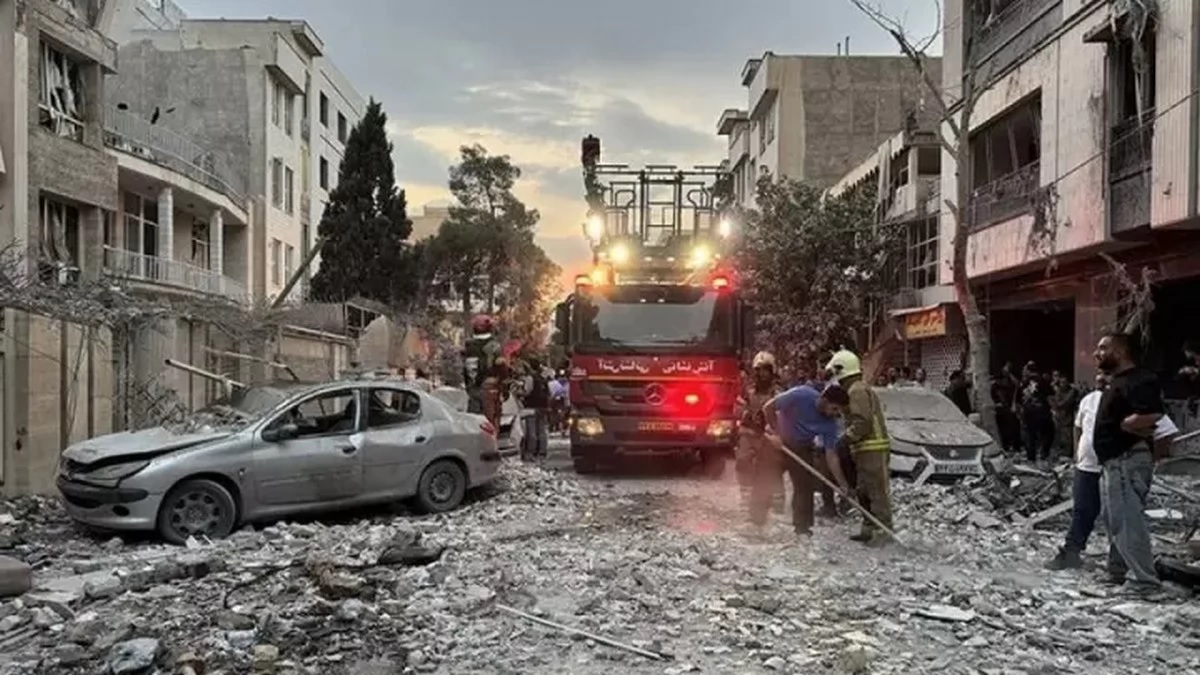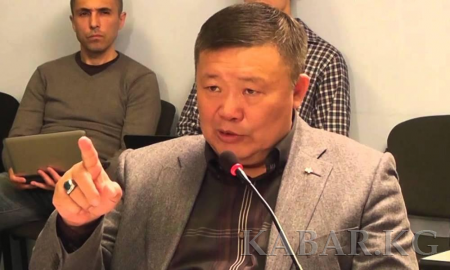The CIS condemned the Israeli bombing of the Islamic Republic
The countries of the Commonwealth of Independent States are concerned about the escalation of tensions in the Middle East. This was reported by the CIS Executive Committee. The foreign policy departments of the CIS member states adopted statements regarding the escalating military confrontation between Israel and Iran. The calls for a ceasefire are based on the demands for compliance with international law, the UN Charter, and IAEA decisions.
The appeal to the international community arose after a series of missile and bomb strikes and attacks by unmanned aerial vehicles (UAVs) carried out by Israel on the night of June 14, 2025. As a result of the bombing, more than 20 representatives of the Iranian military command were killed, including the commander of the IRGC Hossein Salami, the Chief of the General Staff Mohammed Bagheri, and up to ten specialists in the field of nuclear energy. Iran, in response, launched more than 800 UAVs towards Israel.
The exchange of strikes might not have taken place, as well as the preliminary ultimatum presented to Iran on the nuclear deal, if the country had been a member of the CSTO. The statement was made by military expert Toktogul Kakchekeyev.
"Today's attack on Iran is an indirect attack on Russian-Iranian relations," the veteran of the special services noted in a dialogue with "Business Eurasia." "It will slow down Iran's admission to the CSTO, and this issue is currently the most important on the agenda of the Russian and Iranian adversaries. This is, accordingly, the NATO bloc, led by the United States. Iran is a state with ancient diplomatic experience. They have long-standing relations with Russia, dating back to tsarist times. And today, and during the embargo from Western countries, the only one from whom they saw help was the Russian Federation. I believe that Iran understands that it is necessary to get out of such a blockade situation, and the Central Asian countries, or, as they say in the West, the Islamic states in the CIS, are absolutely in favor of Iran joining the CSTO.
Israel, having started the bombing, demonstrated that it is nothing more than an instrument of regional discord and a conductor of someone else's will.
- It is constantly becoming the center of discord, pressure, provocations, - the expert continues. - Thanks to Israeli assistance, corresponding movements have appeared against the Syrian government. Israel, in fact, does not want Iran, Syria, and the Arab countries to unite in countering a common threat. Therefore, accordingly, they acted under pressure, and with the political and military support of the United States - against the Middle Eastern countries.
The expert also sees threats to the region in Tel Aviv's nuclear arsenal. If the United States has been providing the IDF with conventional weapons for more than 40 years, then France has helped Israel produce plutonium for nuclear warheads. Tel Aviv has not signed the Treaty on the Non-Proliferation of Nuclear Weapons (NPT), and has become the owner of a full-fledged strategic nuclear triad, with means of delivering nuclear weapons by air, land and sea.
- Israel has about two hundred or more nuclear warheads, - notes Toktogul Kakchekeyev. - At the end of the 20th century, predictions were made about the beginning of a nuclear war from the Middle East. In this case, if Israel uses nuclear weapons, the Comprehensive Strategic Partnership Treaty between Russia and Iran will come into effect. It was signed and ratified in April 20525, so a tight knot is tied here. The Israeli attack, the destruction of the heads and responsible specialists of the Iranian armed forces - politicians, clerics, nuclear scientists, occurred with the consent of Western countries in order to deprive Iran of access to the international arena.
Own information
Business Eurasia


